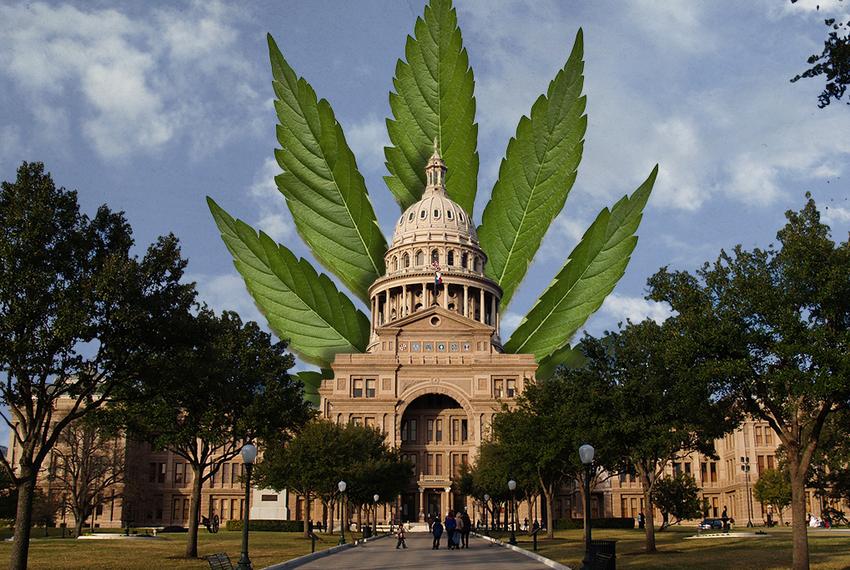The Cannabis Debate in Texas: A Clash of Economic Potential and Cultural Values
DALLAS -In the midst of a shifting national perspective on cannabis legalization, Texas finds itself at a pivotal juncture, where economic prospects are being meticulously weighed against deeply entrenched cultural values and public safety concerns. The state, which boasts a rich history of autonomy dating back to its days as an independent republic, is witnessing a fervent debate that mirrors its longstanding tradition of self-reliance and independent thinking.
The ongoing discourse surrounding cannabis legalization in Texas is characterized by a complex interplay of potential economic windfalls and apprehensions regarding public health and safety. On one hand, there is a growing recognition of the economic opportunities that a legalized cannabis market could bring to the state. On the other, law enforcement agencies including the Texas Police Chiefs Association and the Sheriffs’ Association of Texas, remain cautious, expressing concerns over a potential spike in crime rates and the emergence of a perilous black market.
This dichotomy is further highlighted by recent polling data, which suggests a notable shift in public opinion. A poll conducted in December 2022 showcased that a majority of Texans, approximately 55%, are now in favor of legalizing small quantities of cannabis for recreational use. Furthermore, an additional 28% expressed support for the legalization of cannabis for medicinal purposes, indicating a broader change in societal attitudes towards the substance.
As the state navigates this complex and evolving landscape, the coming years are expected to witness a spirited debate that could potentially redefine the cannabis landscape in Texas. The discourse promises to be a nuanced one, with economic considerations being carefully balanced against a desire to uphold the state’s cultural values and ensure public safety.
The unfolding scenario in Texas is emblematic of a larger national conversation surrounding cannabis legalization, where states are grappling with the challenge of integrating economic potential with cultural and societal norms. As Texas stands at this critical crossroads, the decisions made in the near future will likely be reflective of a delicate balance between embracing new economic avenues and preserving the state’s rich cultural heritage.
In this dynamic environment, Texas emerges as a focal point in the national dialogue on cannabis legalization, embodying a clash between economic potential and deeply rooted cultural values. As the state moves forward, it promises to carve out a path that is distinctly Texan, potentially serving as a blueprint for other states navigating similar waters in the evolving cannabis debate.


































